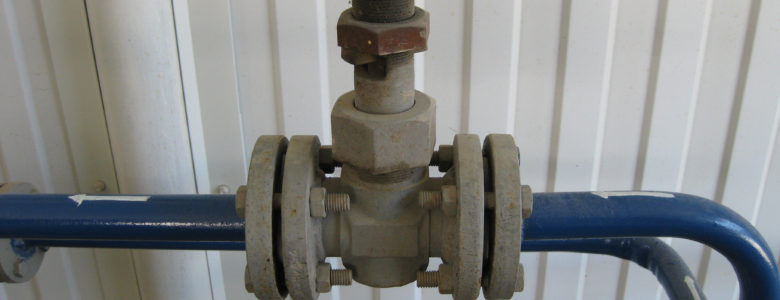Pipeline corrosion happens because metals are sometimes vulnerable to chemical reactions that weaken them. Once the metal is weakened, it becomes susceptible to rust and may form cracks and holes. This is a big problem because pipeline corrosion results in a $9 billion loss for the US economy each year alone.
Pipeline corrosion prevention is, therefore, crucial, especially because once corrosion begins, it will quickly spread to other piping and non-piping surfaces. Here are the pipeline corrosion prevention tips you need to know.
Monitor pH and Oxygen Levels in Your Water
The wrong type of water can cause corrosion. That’s because some metals like copper are weakened if the pH is too low, so the pipe’s lining will get damaged. Ideally, you want to make sure your water’s pH is as close to neutral as possible, which is why the EPA recommends a pH range of between 6.5 and 8.5.
The other thing is, your water’s oxygen level and temperature shouldn’t be too high as this facilitates corrosion.
Protect Your Pipes
A big part of pipe corrosion prevention is adding protective linings and coatings to all metals and other surfaces. Typically, this is done by adding a layer of corrosion-resistant zinc to metallic surfaces. Corrosion can have many entry points, so make sure your beams, joints, and bolts are also protected. Use a sealant to eliminate crevices where corrosive bacteria can hide.
Beware Corrosive Bacteria
Chemicals and high pH levels are not the only things that cause corrosion. Pipe corrosion can also be microbiologically induced. You can avoid this by keeping your pipes clean. Ensure that any fluids passing through the pipes are clean by using inhibitors or biocides or chemically treating your water and other fluids passing through your pipes.
Insulate Metal Piping
Corrosion happens when metallic surfaces get in contact with the wrong material. That’s why it’s best to install insulation, to prevent the chances of weakened pipes. You should especially watch out for galvanic corrosion which happens when the wrong types of metals are in contact.
One metal will “steal” electrons from the other, creating weakened sections that are susceptible to corrosion. By insulating your pipes, you prevent galvanic corrosion and extend the lifespan of your pipes.
Pipeline corrosion is a huge issue in most industries. Thankfully, these practical and helpful pipeline corrosion prevention tips will help you fight this issue, so you can avoid huge losses.



Leave a Reply